Follow Us On Wechat!

Dr. Ahmed Hussain
Executive Director of Institute of LearningWellington College China
Assessment may be defined as:

The act of judging or deciding the amount, value, quality, or importance of something, or the judgment or decision that is made. (Cambridge Dictionary)

The process of making judgments on what pupils know and can do is fundamental in education. The very best teachers are skilled in the art of gathering evidence to inform judgments on pupil progress and development, which then shapes the learning opportunities subsequently provided for pupils. There is much evidence that indicates that frequent and formative assessment best informs teacher practice and creates the best conditions for learning (Hattie, 2008, Black and Wiliam, 1998 and Coe et al 2014), in both monolingual and bilingual contexts.
Making effective and accurate judgments on what pupils know and can do is challenging and often comprises a balance between achieving validity and reliability in the evidence gathered versus the “do-ability” of the assessment. To assist teachers, the use of moderation practices that compare and contrast judgments between teachers helps to ratify decisions made. Moreover, standardised assessments can inform the summative judgments of what pupils know and can do. These are standard practices in established education systems.
Collecting evidence of learning and development in a bilingual context is fundamentally more complex than monolingual systems. Validity, reliability and accuracy are hampered through the process of externalising mental operations in a second language. Moreover, relevant standardised assessments for Chinese and English bilingual education are few and far between. This renders the act of judging what pupils know and can do difficult, impairing the capacity of a teacher to precisely define next steps in learning for pupils.
What can be done to support teachers in bilingual schools?
Firstly, there must be absolute clarity on assessment and its use. This is supported by utilising the following four principles of assessments:
It is essential that there is clarity in the purpose of assessment; what is being assessed, why is it important and how will it advance learning for the pupils?
In its simplest form, validity in terms of assessment can be defined as: does the assessment measure what the teacher intends for its measure? For instance, a set of 10 maths questions on multiplication and division of fractions may be used to gauge what pupils know and can do.
For an assessment to be reliable, it must be reproducible. That is, if what one child knows and can do with fractions is judged to meet age related expectations, the judgment made on other children in the class or across the year group must be consistently similar.
Valid and reliable assessment only becomes effective when it is used to advance learning. How the outcome of the assessment is communicated and used by the learner determines the value of assessment.

Furthermore, employing the following three actions will make assessment effective:
It is essential that the teacher is clear on what learning and development entails so that assessment practices can be purposefully designed. To seek clarity on what the nature of knowledge is to be assessed and what conditions work best to achieve this, a model, like that below, may be used to inform decisions on assessment.
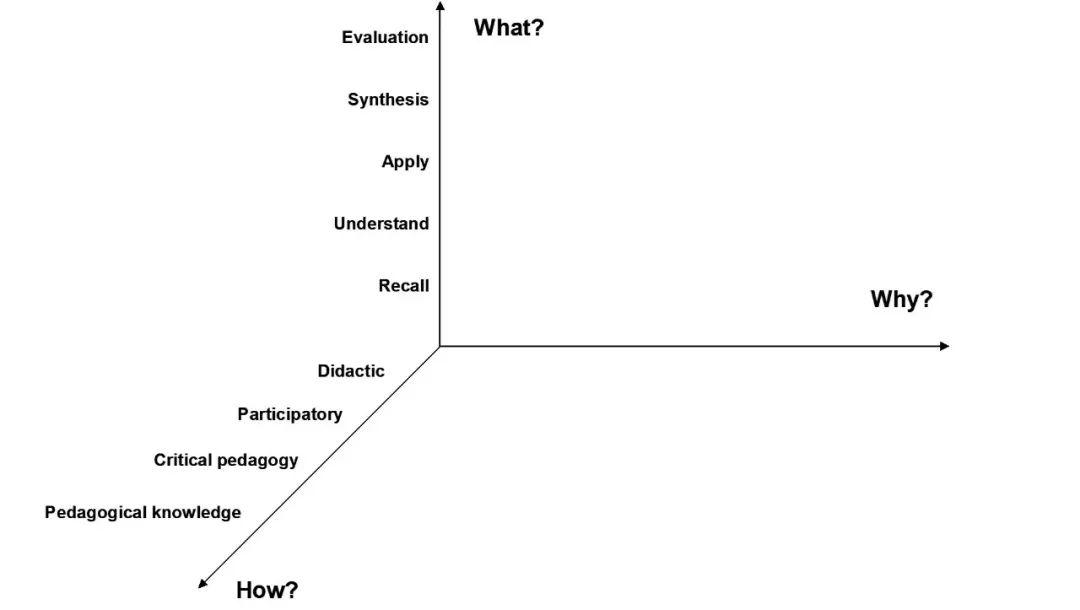
For instance, recall of knowledge may be achieved through simple use of didactic approaches such as quizzes or tests, whilst synthesis of knowledge may be assessed through a more critical pedagogical approach such as the use of problem-solving activities.
It is essential to ensure validity to triangulate assessment approaches. For instance, drawing evidence from a range of assessment approaches; e.g. tests, observations, open-ended projects and conferencing with pupils. Each approach can be undertaken in both Chinese and English. Consistency in performance of what a learner knows and can do between languages indicates validity in assessment design and judgment.
The act of defining what evidence best represents differing levels of performance in what pupils know and can do is essential to ensure reliability. Moderation by comparing judgments between teachers in or between schools to ensure consistency and accuracy in assessment judgment is essential.

Effective approaches to developing effective assessment practices is one of four themes that feature in the Inspiring Learning Conference led by the Institute of Learning in Shanghai on the 19th and 20th October 2019 and will be led by Professor Rob Coe, a world leader in assessment. To register and for further details on the conference please scan the QR code below.
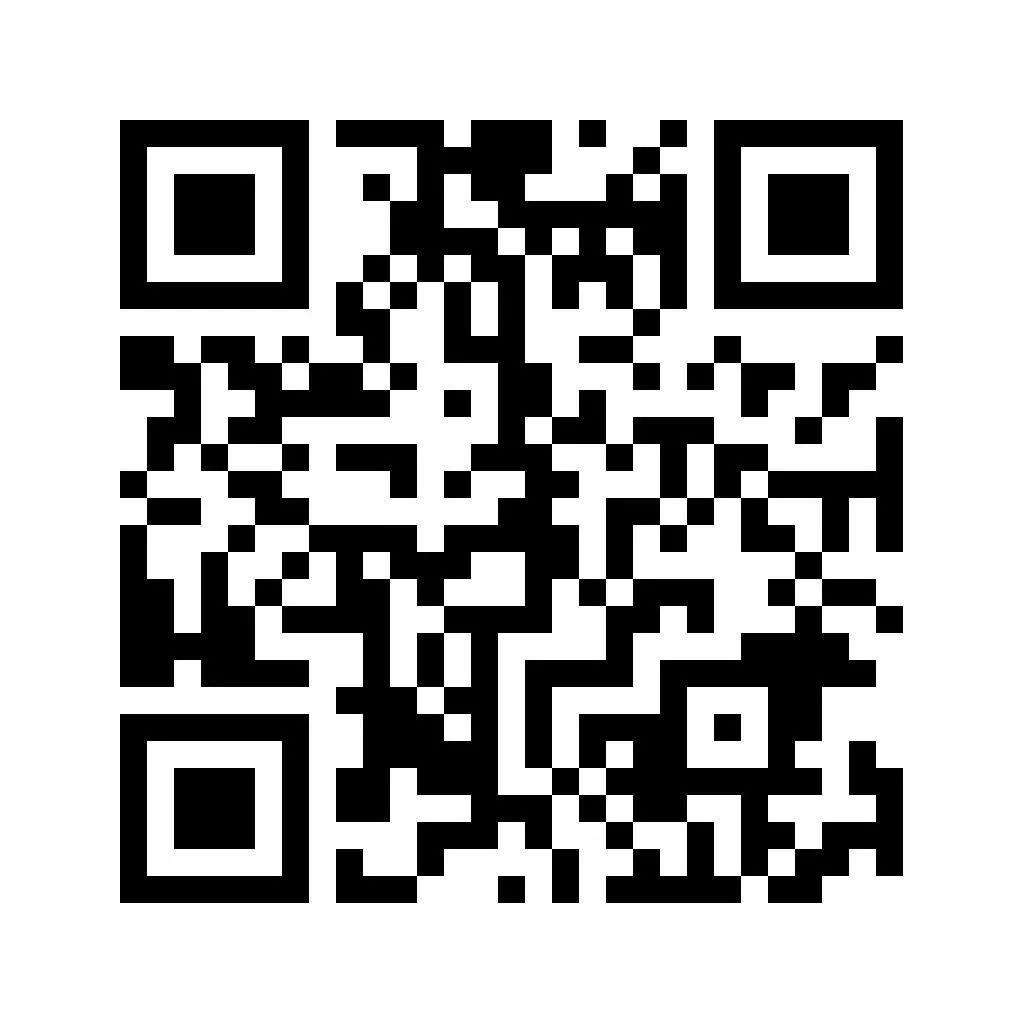
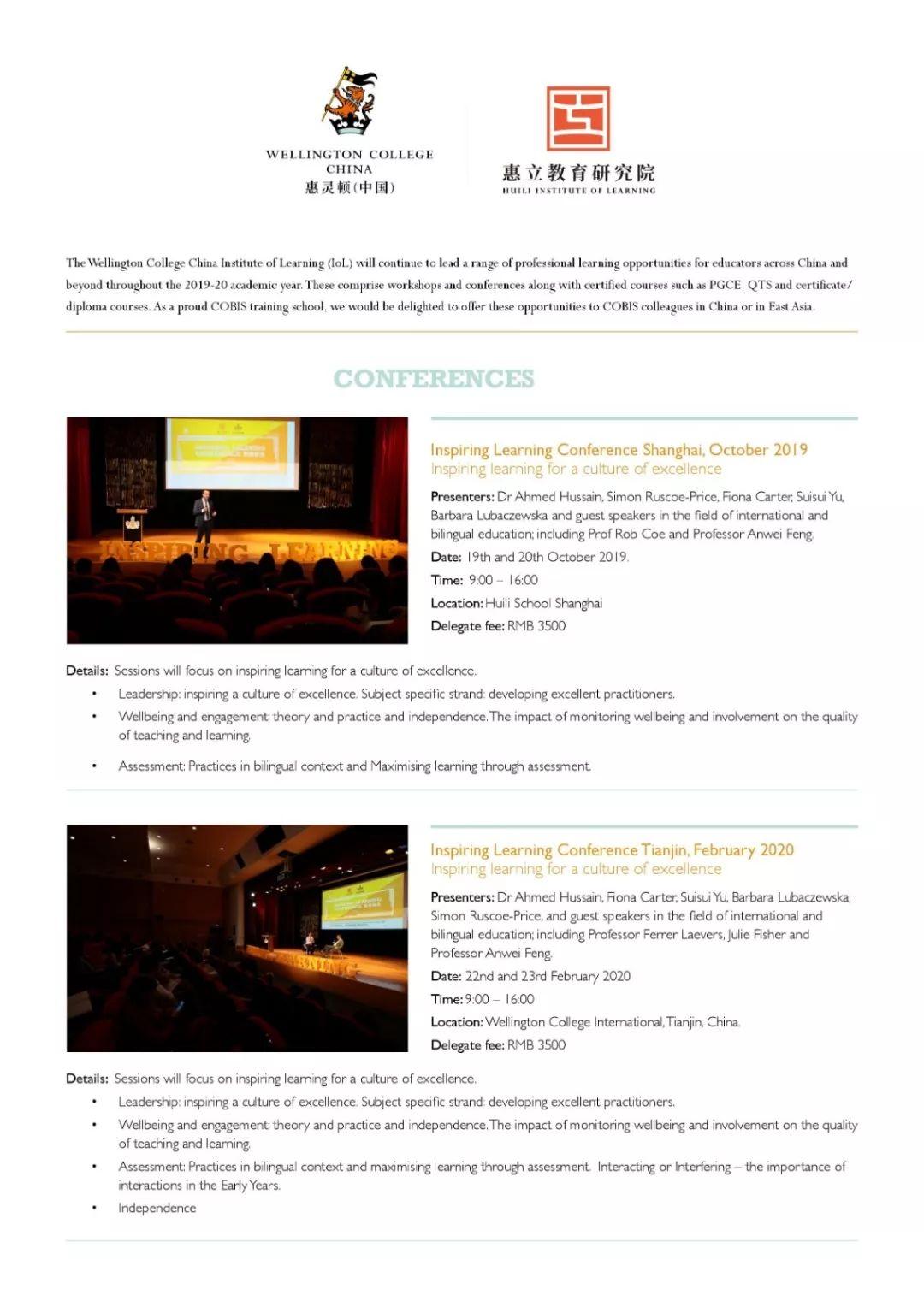
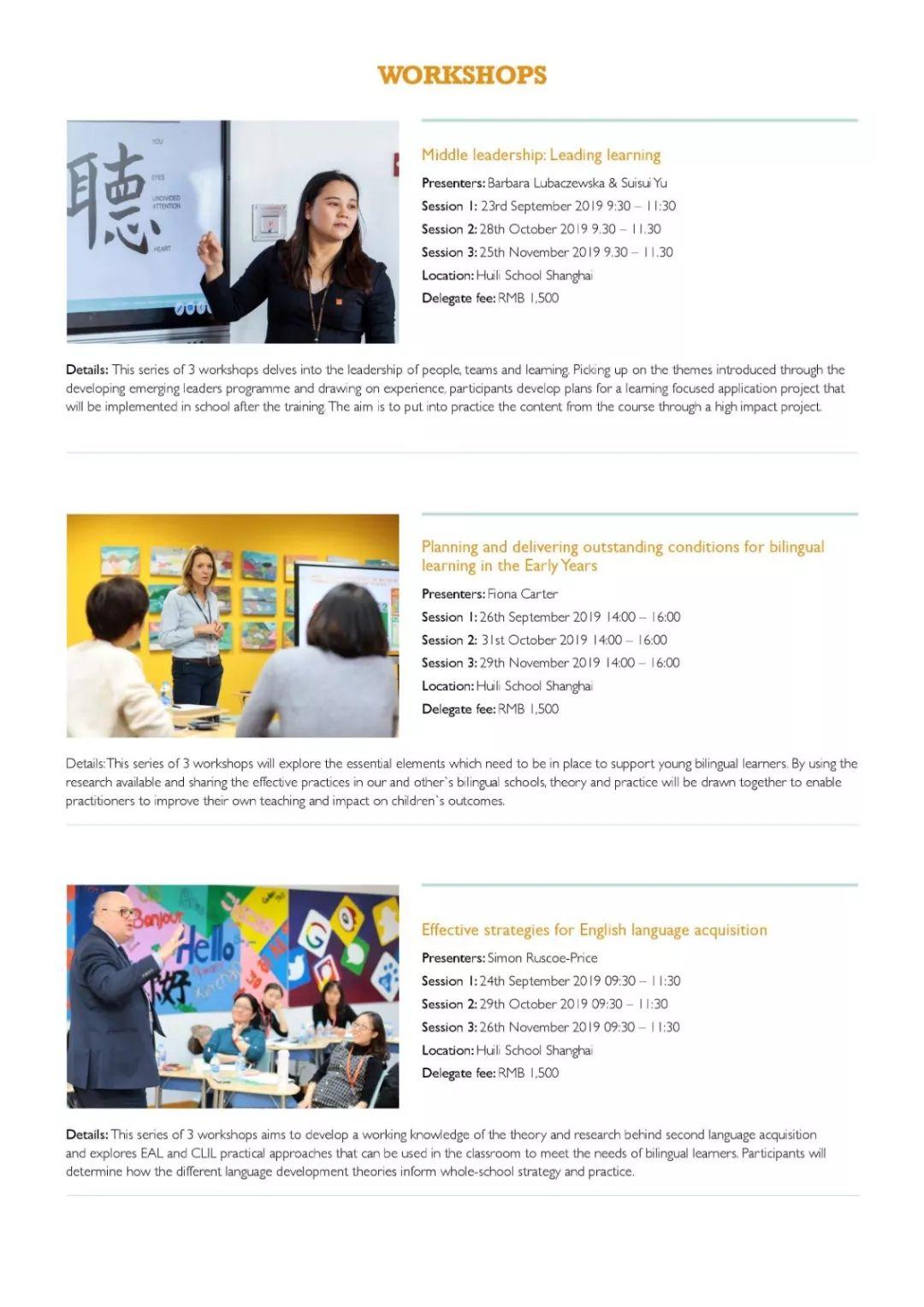
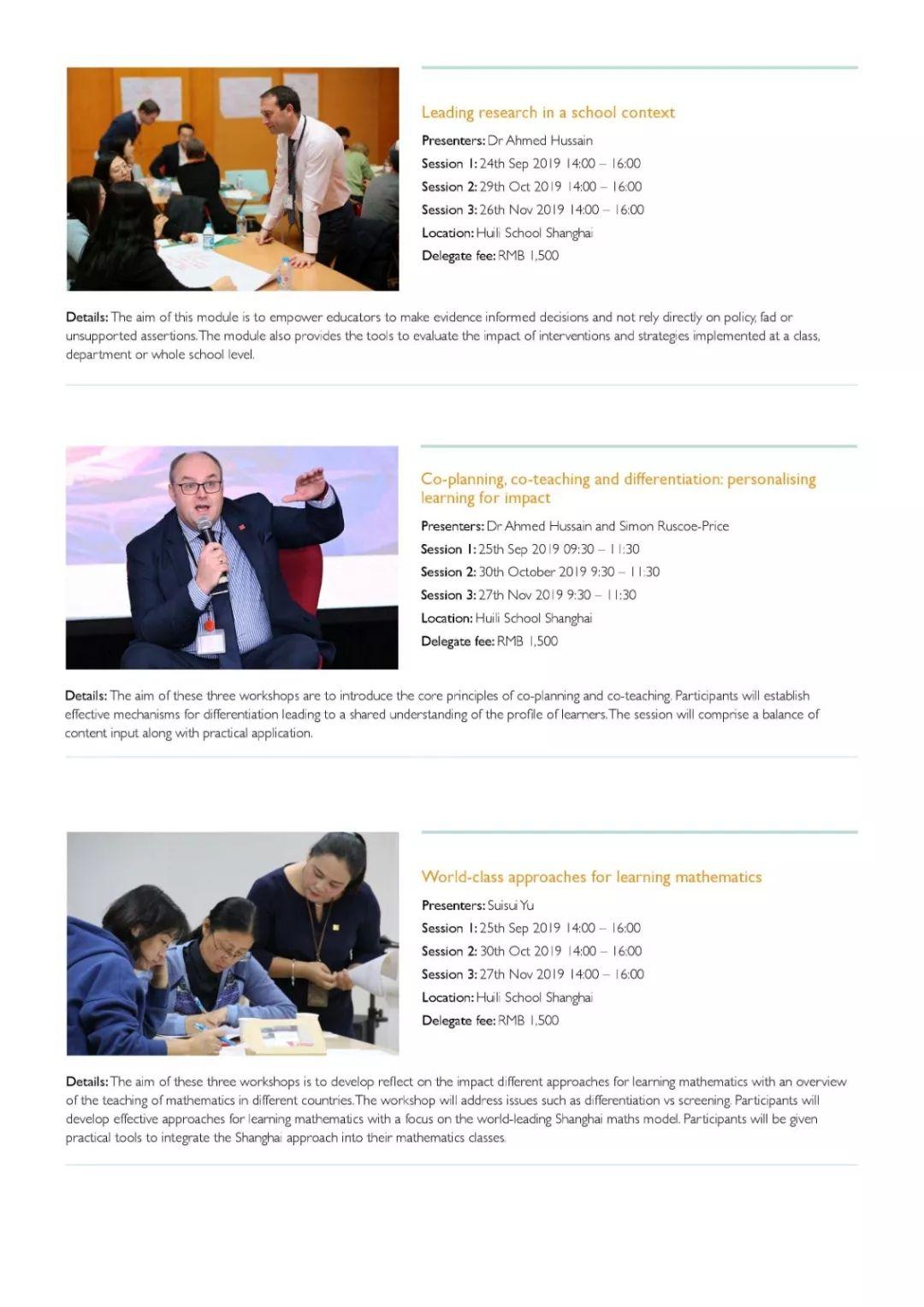
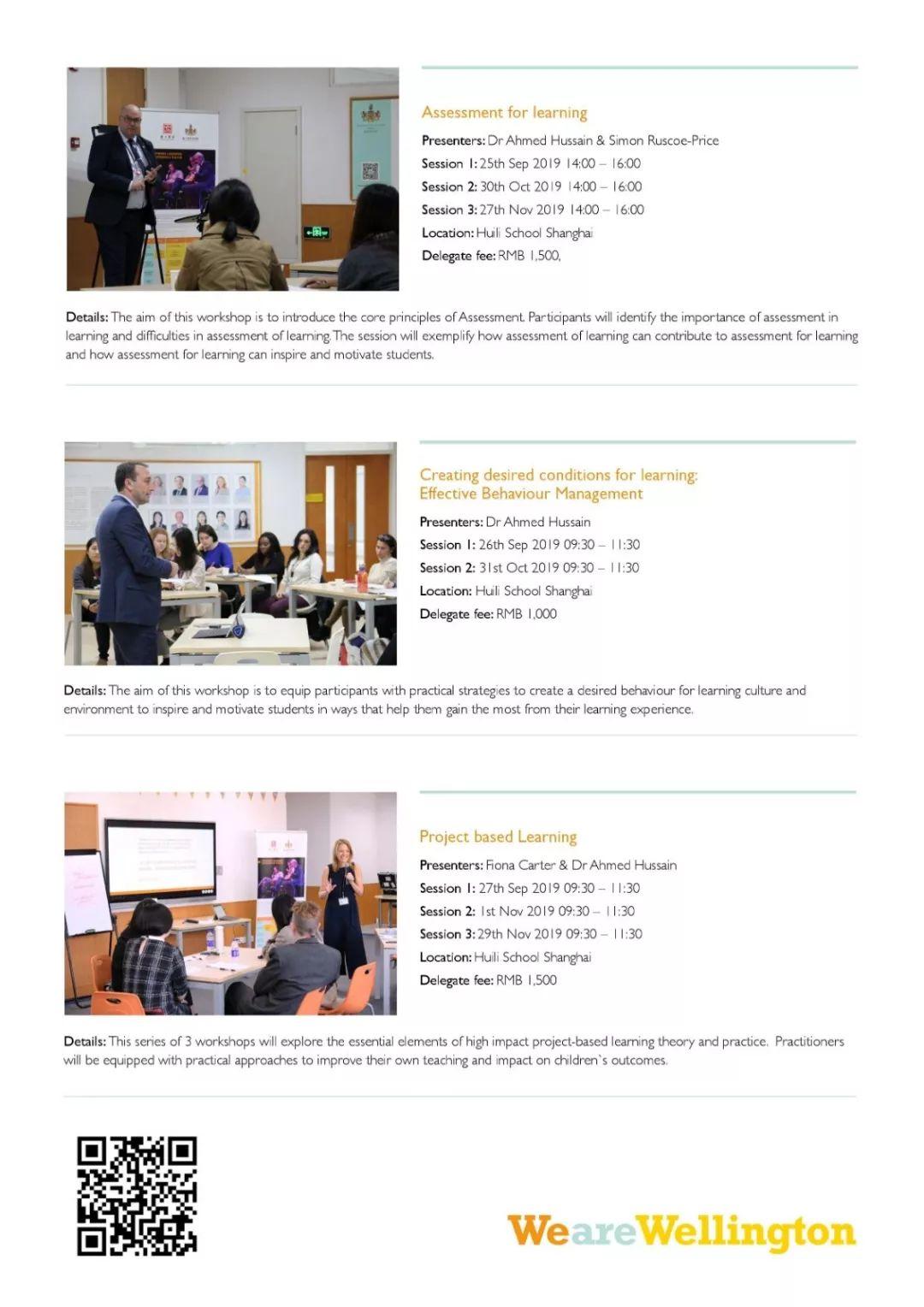
Slide left and right, and get more details
References and suggested reading:
Black, P. and Wiliam, D. (1998) Assessment and Classroom Learning, Assessment in Education, pp. 7-74
Black, P. and Wiliam, D. (1998) Inside the Black Box: Raising Standards Through Classroom Assessment. Phi Delta Kappa.
Coe R. et al. (2014) Education Endowment Fund: Teaching and Learning Tool Kit. http://educationendowmentfoundation.org.uk/toolkit/
Hattie J. (2008) Visible Learning: A synthesis of over 800 meta-analysis relating to achievement. Routledge, ISBN: 0415476186.
Coe R. et al. (2014) Education Endowment Fund: Teaching and Learning Tool Kit. http://educationendowmentfoundation.org.uk/toolkit/










 沪公网安备 31010502004453号
沪公网安备 31010502004453号





 成功提交后我们将尽快与您联系,请注意来电!
成功提交后我们将尽快与您联系,请注意来电!







 成功提交后我们将尽快与您联系,请注意来电!
成功提交后我们将尽快与您联系,请注意来电!


